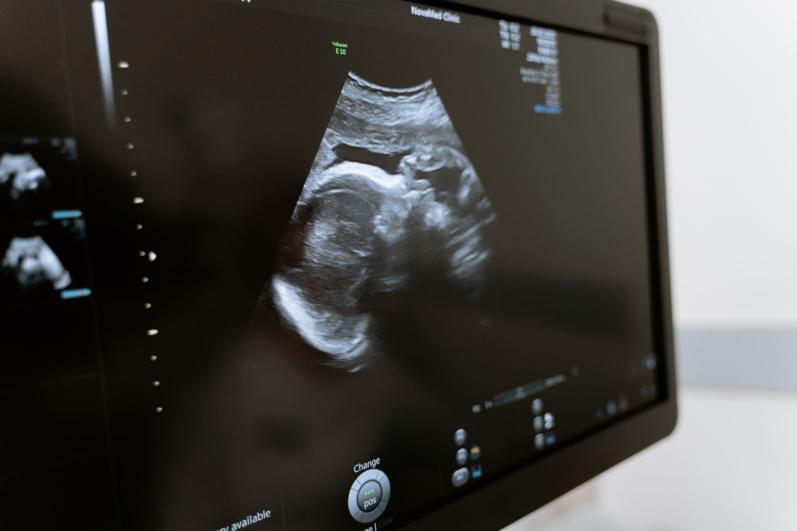Mass. pro-life advocates see 'inconsistency' in SJC ruling
BOSTON -- In Massachusetts, where abortion is protected in law and promoted in culture, it is rare to see the words "unborn child" used by the courts or mainstream media. But that was what happened on Feb. 13-14, prompting both praise and criticism from local pro-life leaders.
On Feb. 13, the Massachusetts Supreme Judicial Court (SJC) handed down Commonwealth v. Ronchi. The court ruled against defendant Peter Ronchi, who had appealed two first-degree murder convictions for the 2009 death of his girlfriend, Yuliya Galperina, and her unborn son. Galperina, who also had a young son and daughter, was nine months pregnant when Ronchi stabbed her and left her to bleed to death in her apartment in Salem.
One issue raised by Ronchi was the claim that he could not be convicted of first-degree murder for the death of the unborn child because none of the stabbing blows struck its body.
Justice Frank M. Gaziano, writing for the court, rejected this argument, pointing out that Ronchi had repeatedly stabbed Galperina in the torso, where the vital organs are located.
"By ending the mother's life, he destroyed the viable fetus through the cessation of life-sustaining maternal blood flow," Gaziano said.
The SJC supported Ronchi's two life sentences without the possibility of parole for his crimes.
"The judge had authority to impose consecutive sentences for the unlawful killings of a mother and her viable fetus," Gaziano said.
The Boston Globe published an article about the ruling on Feb. 14, employing the words "unborn child" or "unborn son" multiple times while summarizing the judges' decision.
Leaders of Massachusetts Citizens for Life (MCFL) shared their reactions Feb. 15, commenting on both the case and the media coverage it received.
Patricia Stewart, Esq., MCFL's executive director, praised the court's decision.
"We applaud the Supreme Judicial Court's life-affirming acknowledgement of the humanity of the unborn child in its recognition of the fetus as the second victim of a maternal murder, even without a direct traumatic injury to the unborn child. In so ruling, the court rejected outmoded ways of thinking about the status of an unborn child in instances of violent crime," she said.
In an interview with The Pilot, MCFL's President Myrna Maloney Flynn said that the decision was "encouraging" and "allows us to continue our conversation and our work with this precedent alongside us."
However, she added, she had a "secondary reaction" of frustration, because it "underscores the inconsistency that continues to exist, meaning that the unborn are still very much unprotected and very much without the right to life, particularly in our state."
The inconsistency she saw was that the court, the newspaper, and most of its readership seemed to view Galperina's unborn child as more valuable and "somehow more worthy of protection by our legal system, based on the sole fact that he was wanted."
"It's become so common for the average person, apparently, to believe that some unborn human beings have rights and others do not. It all is based on whether they're wanted or unwanted. That's egregious and tragic and it's up to us to correct that ongoing error," Flynn said.
In statements shared with The Pilot, Stewart said that the ruling continues a trend, leading Massachusetts case and statutory law away from the former rule that denied a right of action or remedy in all cases involving injury to an unborn child. She said this trend began in 1967 with the case of Torigian v. Watertown News Co., when the SJC ruled that a nonviable fetus is a person for purposes of recovering damages under Massachusetts wrongful death statute. For the Ronchi decision, the court relied on the case of Commonwealth v. Cass, the first time the court ruled that a viable fetus could be a victim of homicide.
"The logical progression of this humanizing leaning in Massachusetts law is to finally recognize the humanity of the unborn child at any stage of prenatal development and declare her a second victim when she is seriously injured or killed in a violent attack on her mother. That longed-for day cannot come too soon," Stewart said.


















